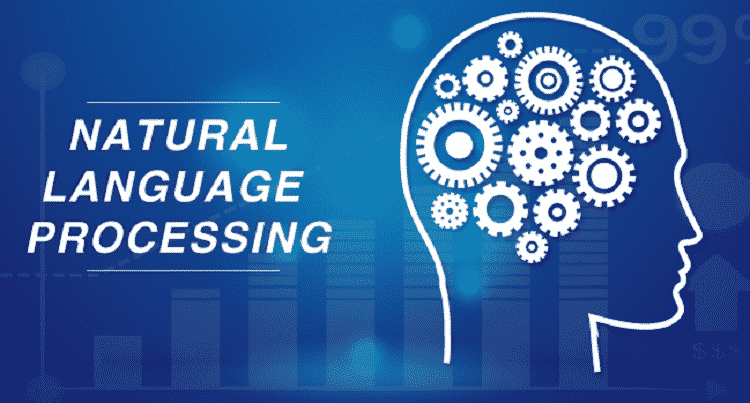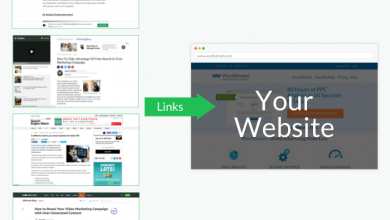Natural language processing and SEO: does that speak to you?
Internet users use search engines every day, but are not always the best when it comes to making clear queries

When we talk about SEO and search engines, natural language refers to content formulated in conversational or oral language. If the 2010 decade has seen the emergence of oral and conversational queries with new technologies such as the Google Assistant or Alexa, the 2020 decade will most likely initiate the domination of these forms of queries.
Understanding the mechanisms of search engines in the face of these new trends will, therefore, help you adjust your content strategies and cope with the evolution of search engines. This will be the subject of this article.
What is natural language processing?
Natural Language Processing (NLP) is a form of artificial intelligence that helps us understand the meaning of human language. Automatic natural language processing allows computers to interpret, assimilate, and replicate the characteristics of human natural language.
How does NLP work?
Text language processing is based on a set of artificial intelligence technologies used by search engines to understand web content and queries. These technologies are Big Data and Machine Learning.
Quick Definition: Big Data
Big Data or Big Data refers to the analysis of big data by computers in order to extract trends.
Quick Definition: Machine Learning
Machine Learning represents the study and implementation of an algorithm allowing computers to make sensible decisions without human intervention.
Natural language processing is, therefore, Google’s ability to understand the meaning of any content on the Internet, regardless of its wording, keyword density or layout.
How does natural language processing impact your SEO?
Traffic, keyword strategy, appearance in search results, web writing techniques … the processing of natural language by Google greatly impacts the natural referencing of your website.
But how exactly?
The Google BERT revolution
At the end of 2019, Google presented its “biggest step forward in the last 5 years” concerning searches, the Google BERT update. And you guessed it, it concerns the automatic processing of natural language.
Here, in short, what you should remember:
- BERT is an acronym for Bidirectional Encoder Representations from Transformers
- It is a system that analyzes the meaning that arises from the relationship between words
- The purpose of this update is to considerably improve the understanding of “search intention” by search engines, ie the intention of a message formulated in conversational language
- In the USA, this update will affect around 10% of searches
- The scope of the update will be gradually international and will affect all languages
The most striking impact, therefore, comes at the level of voice search and featured snippets, which Google uses to respond to these requests. As mentioned above, the importance of the density of keywords or their placement should gradually decrease in favor of the content as a whole.
So how do you know if Google understands your content?
Test your understanding of your content by Google
The best way to find out is to check it out for yourself.
There are freeways on the web to find out exactly what the search engines understand by analyzing your web content. The two best tools currently available are:
- the Natural Language Understanding API developed by IBM
- the API Natural Language Google
These tools allow you to classify the different characteristics of your content by theme in order to highlight major trends.
The main analyzes that you will find relate to:
- Keywords and topics
- Semantics
- The syntax
- The general feeling
- The entities
Please note, however, that certain functionalities are currently limited for the French language.
For example, let’s try entering the text of this article so far in the IBM API, to see if the subject is clear for the algorithms.
How to adapt your content to automatic natural language processing?
Several actions will allow you to optimize the understanding of your content by the algorithms which you have just seen behind the scenes.
Optimization actions
- Have microdata on your web pages
- Strengthen the internal network between your pages on the same theme
Writing actions
- Diversify the semantics of your content as much as possible
- Keep short sentence structures straight to the point
- Intelligently structure your content for voice search
- Check grammar and spelling





